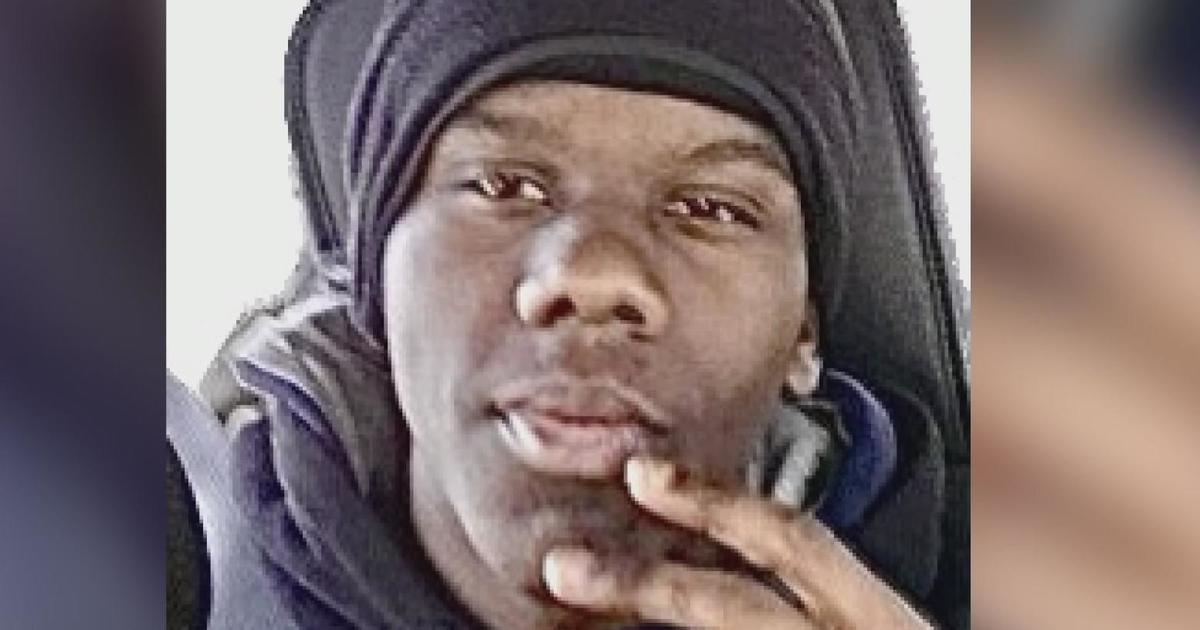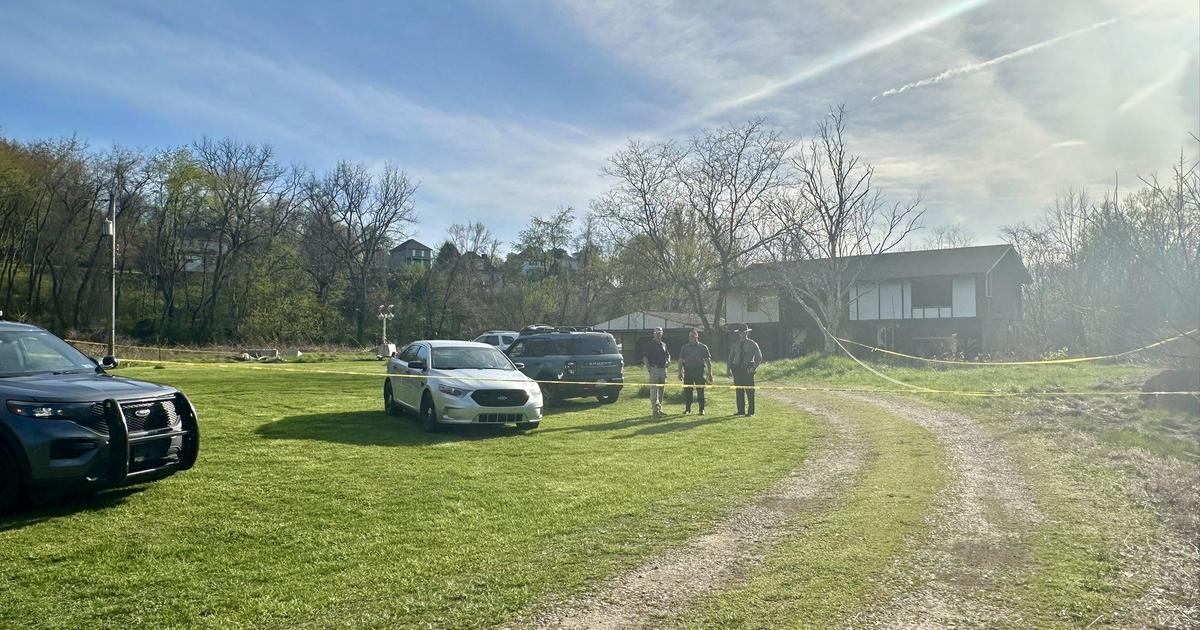Doctors Weigh In On Student Athlete Deaths
PITTSBURGH (KDKA) -- Three student athletes in a week have died from heart-related conditions.
This cluster of student athlete deaths has stirred up a long-standing controversy. What's the best way to screen athletes for heart problems?
"It's definitely a very rare event to see and to have that many grouped together like this," says Allegheny General Hospital cardiologist Dr. George Sokos.
On March 3 in Michigan, 16-year-old Wes Leonard died after making a game-winning shot. He was found to have an enlarged heart.
On March 5 in Colorado, a 17-year-old rugby player died after a blow to the chest during a match. He was born with an enlarged heart, had surgeries for the problem, but played sports anyway.
Then on March 9 in Florida, a 17-year-old girl collapsed during track practice and died.
"It is a rare event, but when it happens, it's catastrophic," says Dr. Sokos.
Can these at-risk players be identified ahead of time?
The sports physical, a questionnaire and doctor's exam, can pick up some clues: an abnormal heart sound, family history or even past history.
"If I'm talking to someone 17 years of age and their mother died at age 40 of unknown causes, it sends a red flag up," says Dr. Christopher Bonnet, a cardiologist who specializes in abnormal heart rhythms.
"Most cases of sudden cardiac death have some sort of genetic component to them," Dr. Sokos concurs.
"Has the child ever suddenly lost consciousness during exertion? That's sort of a red flag. If you're running down a court and suddenly pass out and fall to the floor -- very unusual," Dr. Bonnet adds.
Studies support doing an EKG and a heart ultrasound on these kids, but not on everyone.
"If you did it on everybody, it would break the system," Dr. Sokos points out.
"Ninety-nine-point-nine percent of all kids are healthy and can play all sports," reassures Dr. Bonnet. "Trying to figure out of all the hundreds of thousands of athletes in this country who needs it, it's a very challenging problem."
Unfortunately, there's no way to right now to pinpoint who among those without a red flag will become the rare tragedy.
One problem with testing everyone is the issue of false positives -- tests that look abnormal, but aren't really. These seemingly abnormal results can lead to more procedures, some of which can have complications. As with anything, it's a matter of weighing risks and benefits.
RELATED LINKS
Local News
More Health News
More Reports By Dr. Maria Simbra
American Heart Association
National Institutes of Health: MedlinePlus



